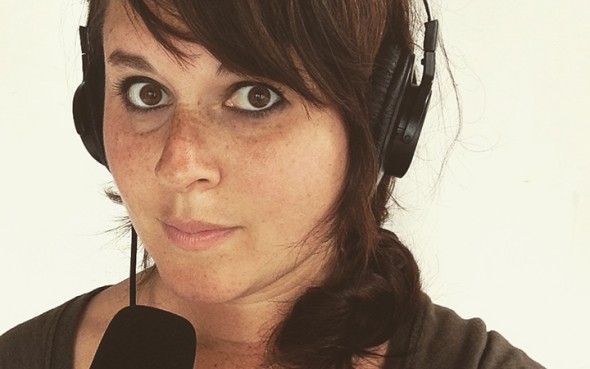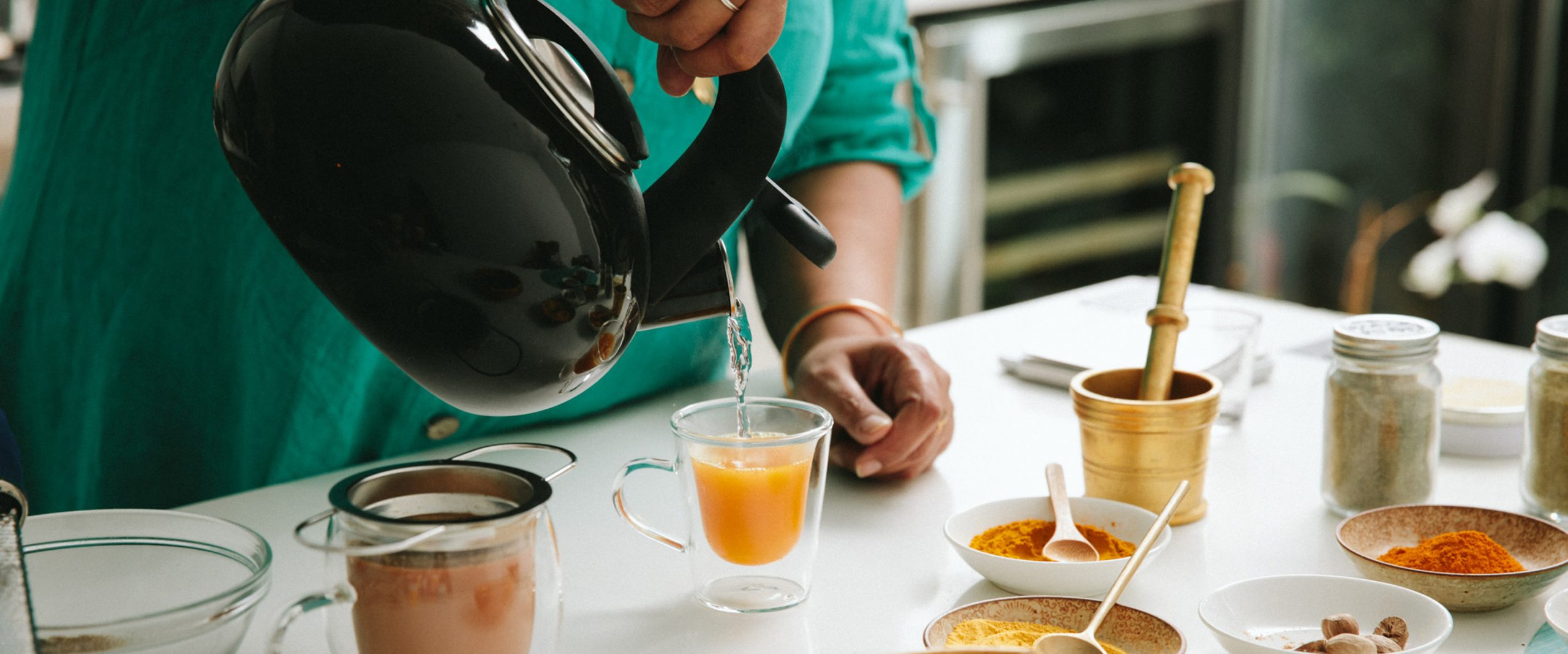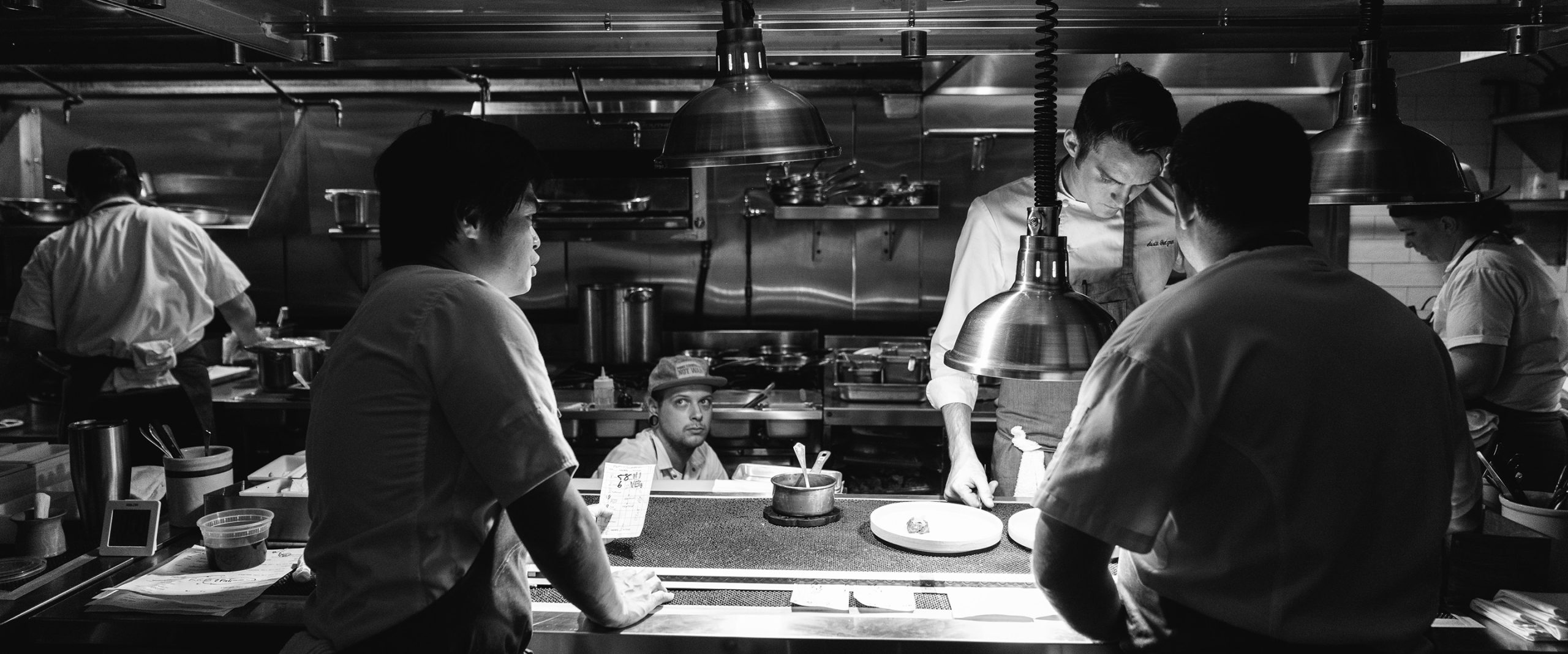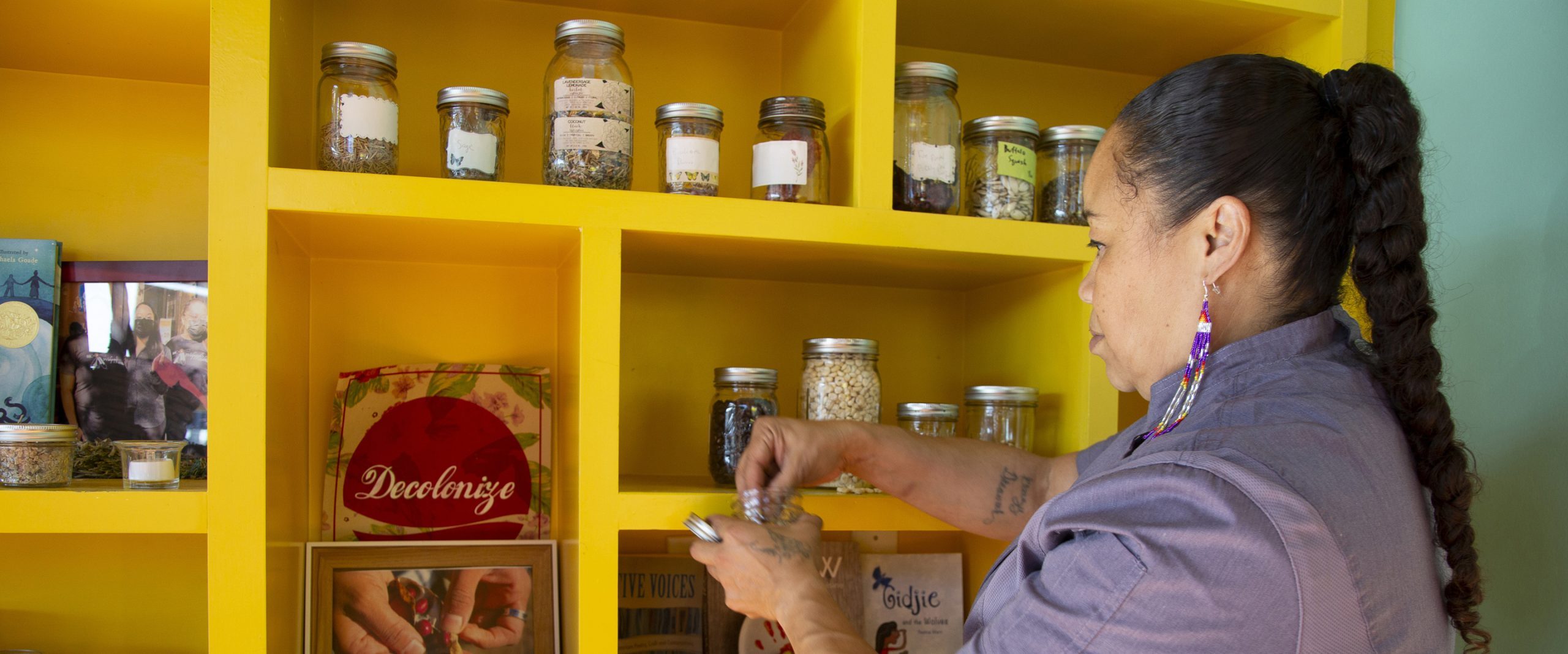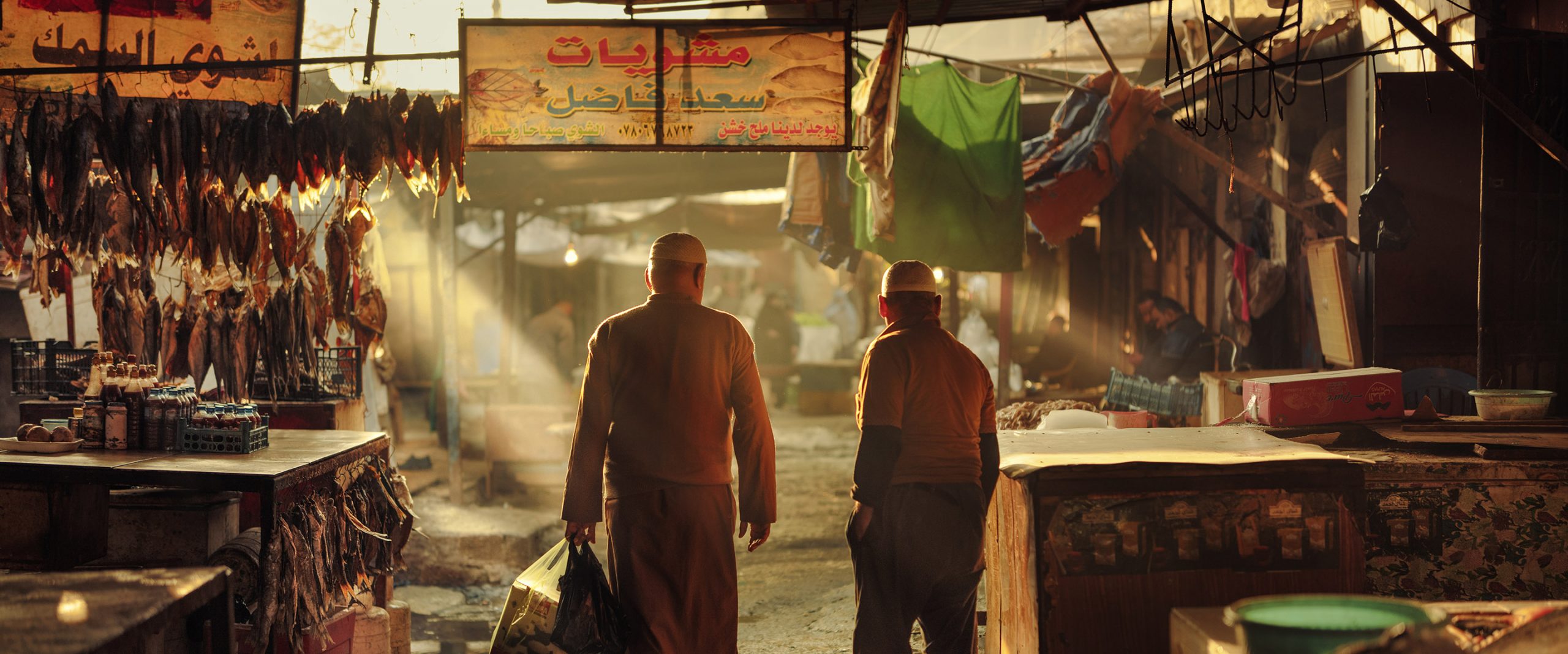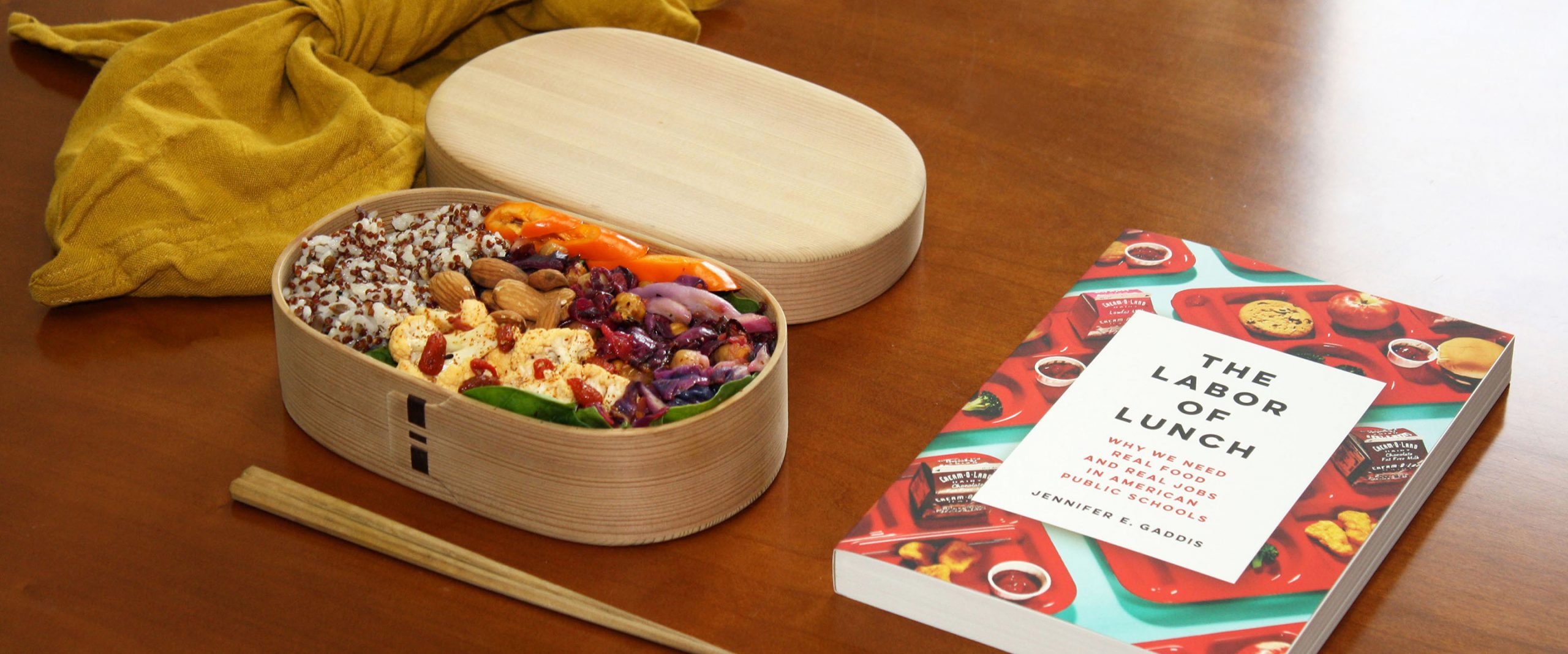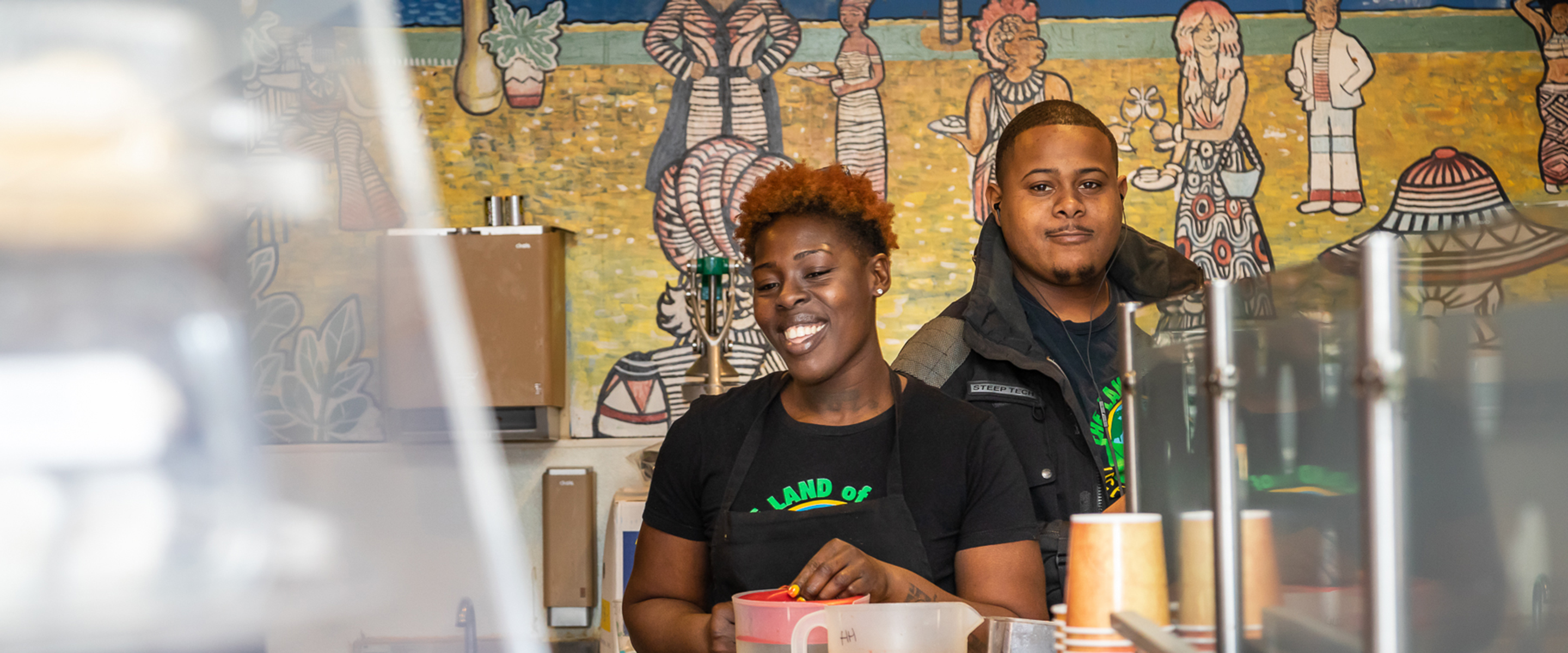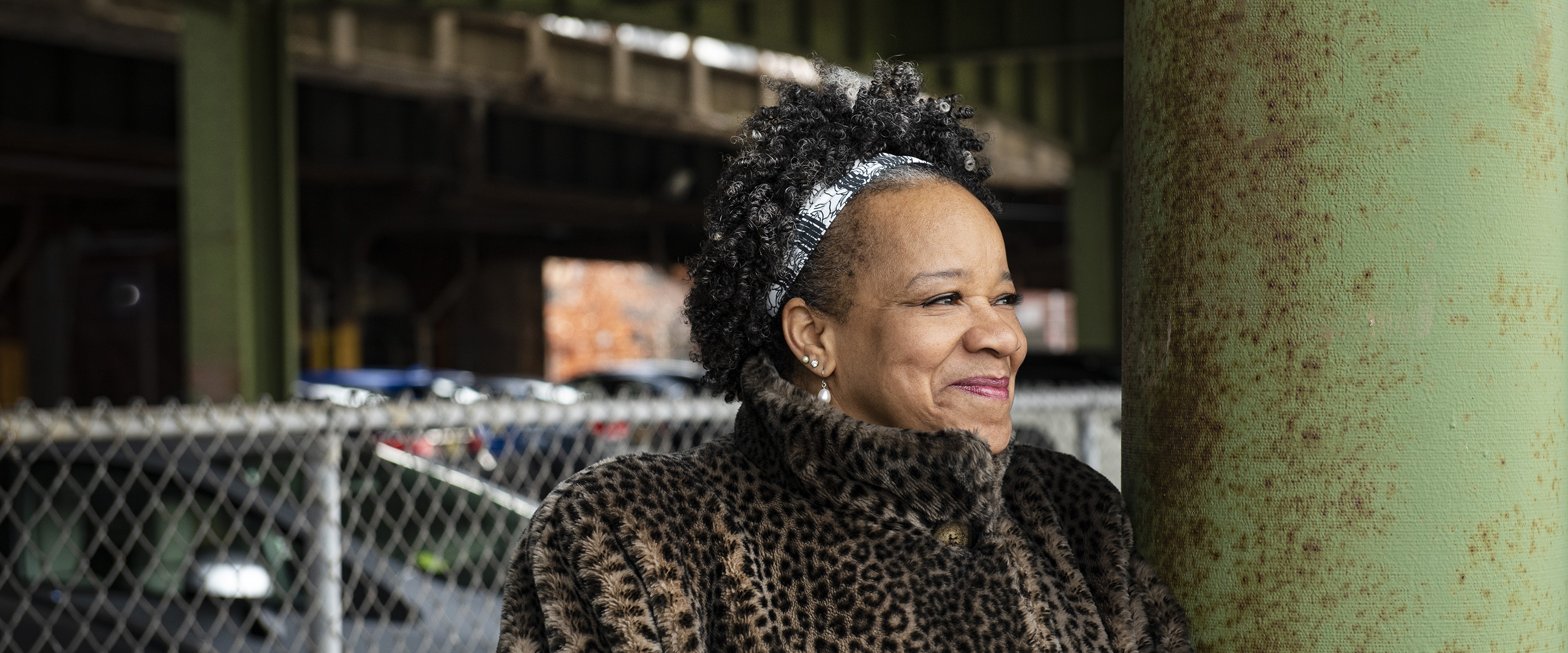Restaurant labor has already been a big topic of conversation in 2016, and we couldn't be more excited to share how Sara is enriching that dialogue in a groundbreaking way. Her ability to shine light on stories that could easily remain in shadow is inspiring and compelling. It reminds us that every voice matters, and that's a good way to sum up what is missing - and what we believe can be improved upon - in a lot of work environments.
When did you know that you wanted to work in food?
There is an unparalleled electricity, grit, and dynamism to working in restaurants. I remember going out to eat as a teenager and feeling so captivated by the barrage of energy buzzing and circulating in the rooms where people dined. I was captivated by new smells, chopping sounds, pans clanging together, and the waitstaff's graceful fluidity of movement. I had crushes on servers just watching them weave throughout their tables and multiple conversations. It was like this deeply sensual theater where strangers were experiencing new foods together, heightened by a good soundtrack and warm lighting. I found it primal, beautiful,and messy, and I wanted to be a part of it. I wanted to facilitate memorable meals for humans, and for years I dedicated myself to doing just that.
How did you get your current good food job?
I had been dreaming up and mapping out a narrative podcast featuring sassy and insightful server stories for years. On a whim, I applied for the 11th Hour Food and Farming Journalism Fellowship at UC Berkeley's Graduate School of Journalism with Michael Pollan and was accepted! I spent weeks brainstorming feverishly for hours at a time, and developing my pitch. I had total conviction about the importance of recording and preserving the voices of San Francisco waitstaff at this time in history, but hadn't had to articulate it clearly yet. I had never heard their voices reflected on the radio in a way that held the complexity of what it feels like and means to serve food for a living. I wanted the opportunity to interview waitstaff and provide a creative space for them to critique and comment upon the humanity they so intimately witness at the table. My goal was to at least be able to formulate an outline for the kind of radio series that I wanted to produce, but receiving the Fellowship was an opportunity of a lifetime.
How did your previous work or life experience prepare you for a good food job?
I served in restaurants for fifteen years and had always been struck by the dynamics at the table and the intimacy with strangers that serving offered me. Serving in restaurants was about food and wine education, but it was also an incredible sociological experiment that I thought about and wrote about a lot. I've always felt like servers are some of the best storytellers I know and that their vantage point at the table is unique and worthy of being documented. I loved audio storytelling, so how could I not preserve their stories for the radio?! I knew so many smart and funny people that waited tables, so I had a wealth of initial interviewees. I took a break from waiting tables to study documentary radio in Portland, Maine, and realized how many connections there were between the two. When I came back, I was hungry to put my passions together.
What was the greatest obstacle you had to overcome in pursuing your Good Food Job dream?
Serving as a career isn't culturally or socially valued the way that the role of the chef, restauranteur, or a food critic is valued and respected. I felt like there was both a battle to justify my choice of working in restaurants and later on, to articulate why the voices of waitstaff mattered. I was someone who had my Master's Degree but chose to work in restaurants. The assumption is that if you're waiting tables over a certain age, you've failed at something else or you just couldn't get it together to follow your dreams. But that's not always true! Plenty of people choose to serve in restaurants because it's deliriously fun, educational, great money for the hours worked, and suits their lifestyle. Once I quit working in restaurants, I was committed to making art and journalism from the server perspective.
Name one positive thing that a former employer taught you that you continue to appreciate?
When I waited tables at Firefly Restaurant in San Francisco, I had an incredibly encouraging and thoughtful boss. He valued the servers as integral and special parts of the restaurant magic we were creating every night. He encouraged us to dress and act like ourselves and not robots. He saw each unique servers's strength and wanted to highlight it. We were reflecting the food and the vibe of the whole place and he reminded us that our role mattered. We were asked to treat each diner as a new person ready for a new experience and to treat them with care. We were not only allowed, but encouraged to be a dynamic part of the guest's dining out ritual. We welcomed each guest as if we were welcoming them into our own homes. It wasn't just business, it was the daily cultivation of community.
What can you identify as the greatest opportunities in food right now?
I think some of the greatest opportunities in food right now are in creating better food access and education for all people, making interesting food stories for the radio, and designing school curriculums around getting kids hands in the dirt and curiosity out in the natural world.
If you could be compensated for your work with something other than money, what would it be?
At the moment: Train tickets around the world and unlimited organic produce.









